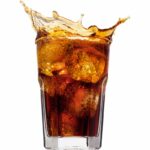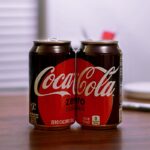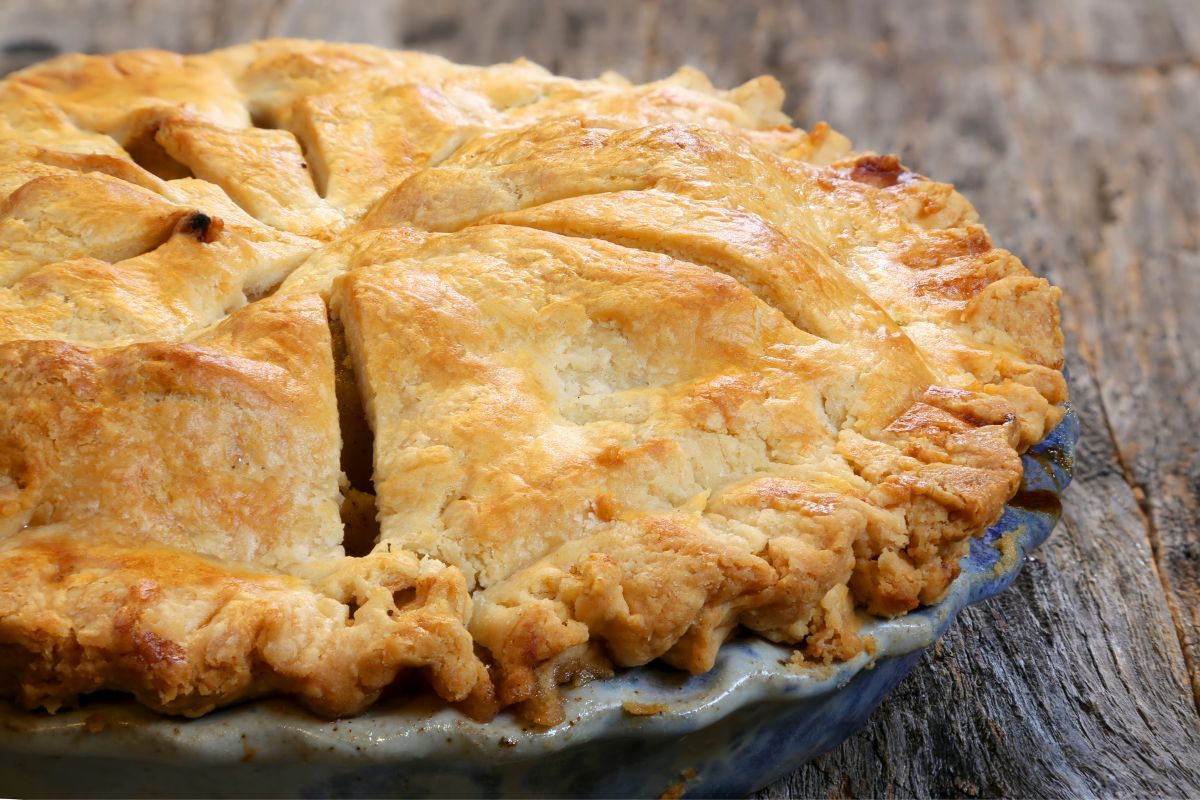Chocolate is one of the most popular sweet treats in the world. Derived from the cocoa bean, there are now countless types of chocolate out there, from raw dark chocolate to white chocolate to famous brands of milk chocolate.
However, does chocolate have caffeine? It’s normal to get a sugar rush after eating some chocolate, but is that a rush from sugar, or is the food secretly caffeinated?
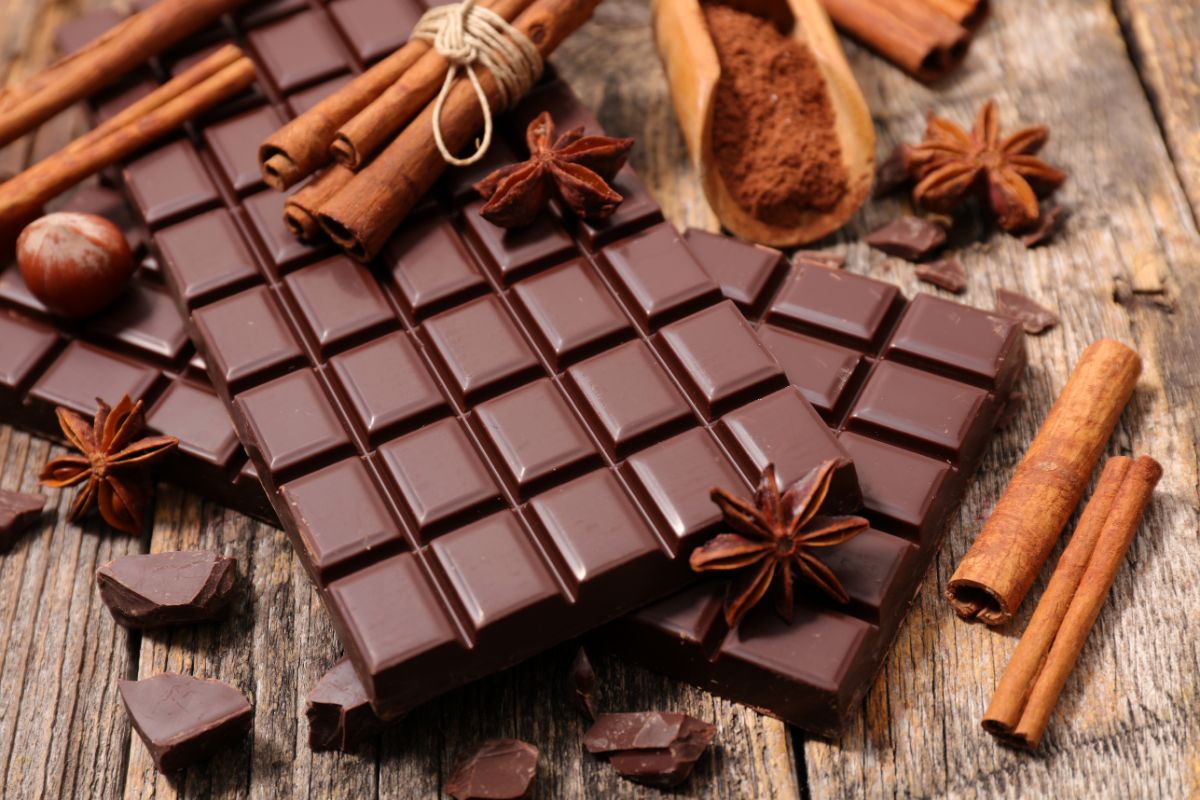
It’s important to know which foods have caffeine in them, particularly if you are on a specific diet.
If you are wondering whether you should allow your kids to have chocolate before bedtime, or if the post-chocolate jitters are from sugar or caffeine, here’s everything to know about whether chocolate has caffeine or not.
Does Chocolate Have Caffeine?
The short answer is yes, chocolate has caffeine.
Chocolate is derived from cocoa beans, which naturally contains caffeine. Caffeine can be found in several naturally occurring plants, including cocoa beans, coffee beans, and black tea leaves. So, chocolate naturally contains caffeine!
Interestingly, the caffeine levels in chocolate are pretty low. This is mostly because of the production process, wherein the cocoa beans are shelled, fermented, dried, and then liquified. This process dilutes the levels of caffeine found in the cocoa beans.
However, the type of chocolate you buy will have a different level of caffeine. Generally speaking, the darker the chocolate, the higher the caffeine content.
In the case of milk chocolate, a 100 gram serving would contain 20 milligrams of caffeine.
Dark chocolate has virtually double the amount of caffeine as milk chocolate, with 43 milligrams of caffeine per 100 grams.
White chocolate, on the other hand, contains no caffeine whatsoever. This is because white chocolate doesn’t actually come from a cocoa bean, and actually contains cocoa butter to make its chocolatey flavor.
This is a naturally caffeine-free ingredient.
Will Chocolate Give Me A Caffeine Rush?
Chocolate isn’t likely to give you a caffeine rush in the same way as coffee, because it’s not as strong as coffee.
While a 100 gram serving of milk chocolate will have around 20 mg of caffeine, the average cup of black coffee will have between 80 and 100 mg of caffeine.
However, this doesn’t mean that chocolate comes without some caffeine side effects.
Instead of making you hyper, super productive, jittery, and then with an inevitable crash as with coffee, eating chocolate is scientifically proven to elevate your mood.
It will boost your energy and make you feel better about whatever situation you are in, and this is partly to do with the caffeine content.
The mood-boosting elements of chocolate are also largely due to the sugar content. It’s easy to mix up the effects of sugar with a boost of caffeine, so the effects are largely the same.
Considering milk chocolate is packed with sugar, vanilla, and lecithin among other ingredients, it’s certainly a sugar-filled treat!
Of course, the more chocolate you consume, the more caffeine and sugar you will consume. This is why people will feel shaky and jittery when they eat a lot of chocolate at one time.
Why Is Dark Chocolate High In Caffeine?
So, the darker the chocolate, the higher the caffeine content. But why is dark chocolate higher in caffeine than milk chocolate?
Dark chocolate is made of more cocoa solids than milk chocolate. Considering caffeine is found in cocoa solids, this is what makes dark chocolate much higher in caffeine.
This is also why dark chocolate is significantly richer in flavor than milk or white chocolate.
Milk chocolate, on the other hand, contains a mixture of both cocoa solids and cocoa butter. The addition of cocoa butter helps to dilute the caffeine in the solids, making for a less caffeinated chocolate than dark chocolate.
Does White Chocolate Have Caffeine?
To put it simply, no, white chocolate does not contain any caffeine.
This is because white chocolate is made of cocoa butter and no cocoa solids. Cocoa butter is naturally caffeine-free, meaning that white chocolate does not contain any caffeine.
The chocolate flavor is derived purely from the cocoa butter and other flavorings.
This is why people who are on strict caffeine-free diets will typically opt for white chocolate over milk or dark chocolate.
The same applies to hot chocolates, wherein white hot chocolate still has no caffeine, and milk and dark hot chocolate have varying levels of caffeine.
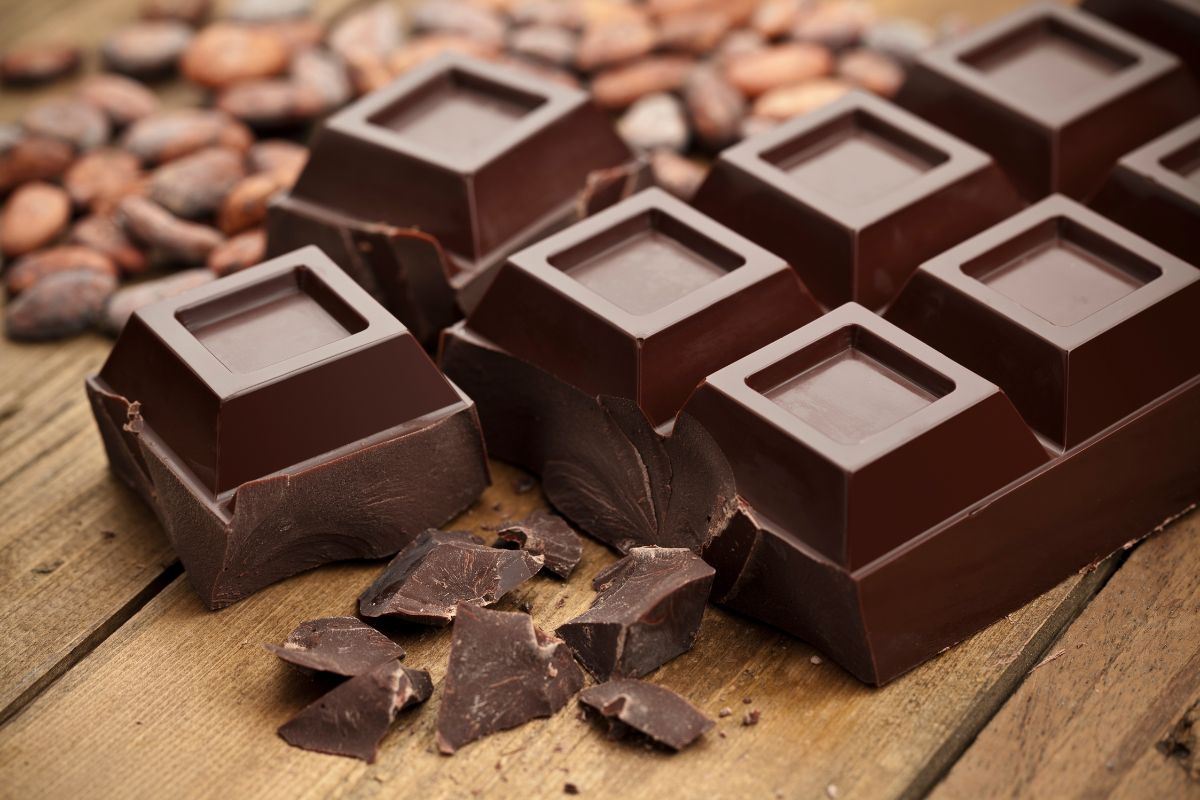
Why Does Chocolate Boost Energy Levels?
Contrary to popular belief, the reason why chocolate boosts energy levels isn’t because of its caffeine content. The level of caffeine in chocolate is so low that it can’t make a huge effect on your energy levels.
Instead, theobromine is responsible for the energy-boosting effects of chocolate. Theobromine is found in cocoa solids alongside caffeine, which is also what gives dark chocolate such a bitter flavor profile.
Like caffeine, theobromine is a naturally occurring substance that stimulates the central nervous system. This is what helps to elevate your mood and energy levels.
Interestingly, cocoa solids actually contain more theobromine than caffeine. For example, 100 grams of milk chocolate contains about 20 mg of caffeine and 250 mg of theobromine.
As white chocolate is not made of cocoa solids, it is completely free of caffeine and theobromine.
Like caffeine, theobromine is a stimulant that comes with some side effects. If you are particularly sensitive to caffeine or if you eat too much chocolate, you may experience tiredness a couple of hours after eating chocolate.
This is similar to a caffeine crash.
For this reason, it is advised for caffeine-sensitive people to avoid consuming hot chocolate, milk chocolate, and especially dark chocolate before bedtime.
Chocolate can be responsible for keeping you awake, and will result in a lot of tossing and turning while you try to sleep.
Summary
So, there you have it! Chocolate does contain varying levels of caffeine depending on the type of chocolate. Dark chocolate contains the most caffeine, white chocolate contains no caffeine at all, and milk chocolate sits somewhere between the two.
- How To Reheat A Cheesesteak - November 5, 2023
- What Are Three Must Have Kitchen Knives? - September 22, 2023
- How To Protect Edges Of Pie Crust - June 15, 2023





